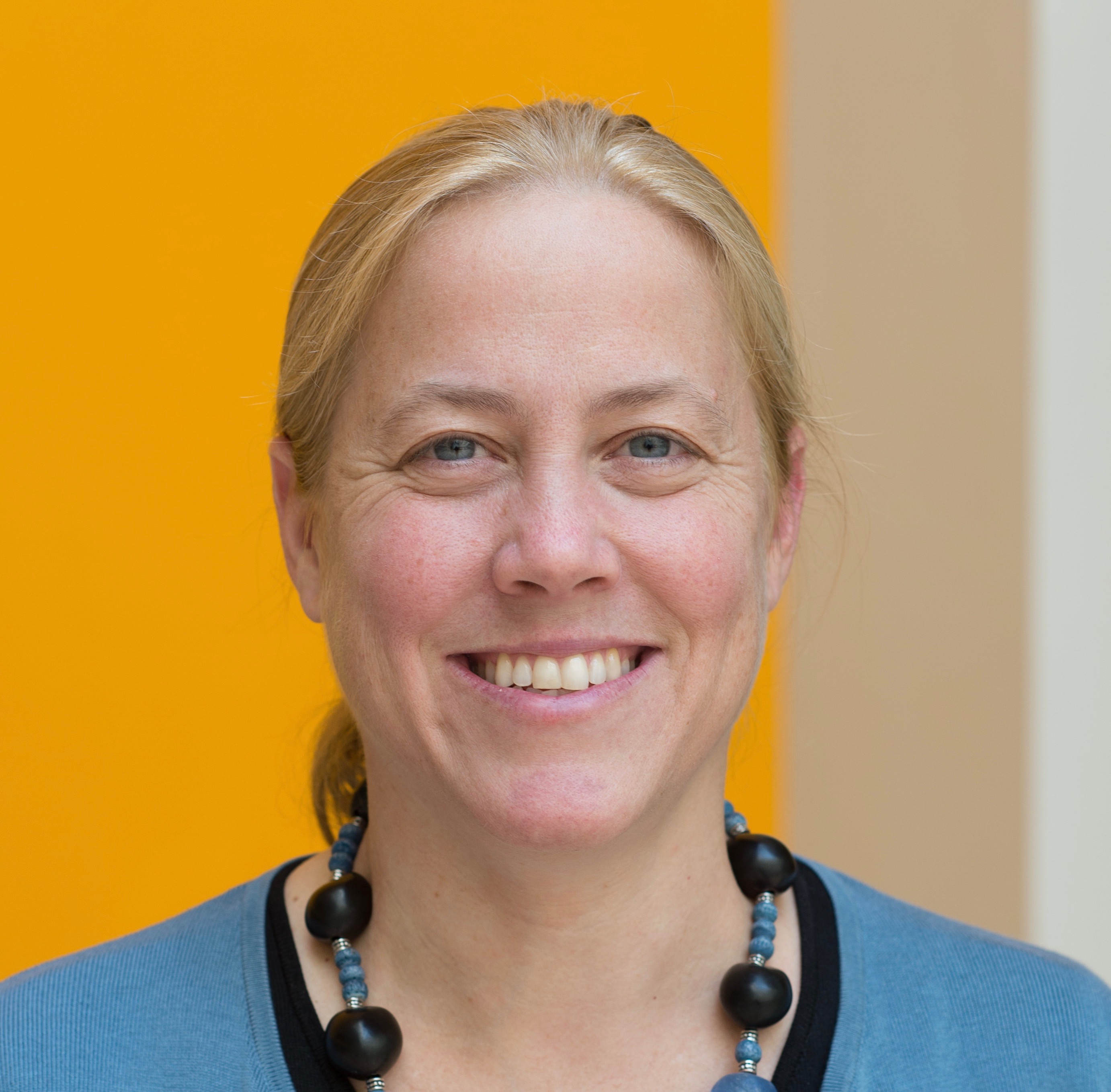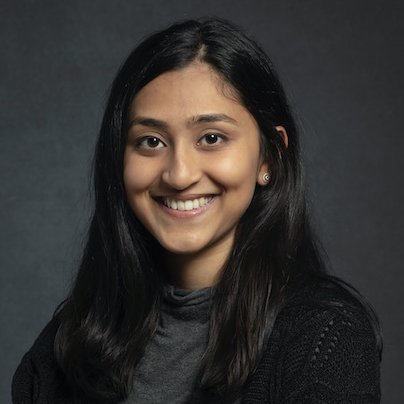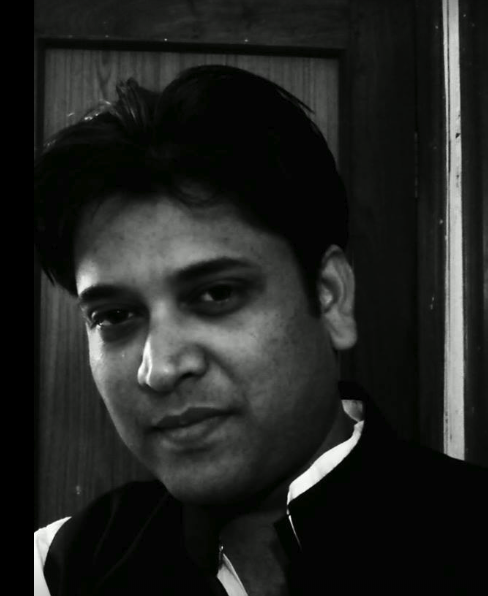-responsive.jpg)
How can we build resilience in health systems and maintain access to care despite destabilizing events?
Health in Fragile Contexts Challenge
Closed
Submissions are closed
Timeline
-
Applications Open
February 1, 2023 8:00am EST -
Solution Deadline
May 11, 2023 12:00pm EDT -
Round 1 Review
June 6, 2023 5:00pm EDT -
Round 2 Review
June 9, 2023 5:00pm EDT -
CLG Reviews
June 25, 2023 11:59pm EDT -
CLG Reviews - Round 2
July 24, 2023 11:59pm EDT -
Solve Challenge Finals
September 18, 2023 9:00am EDT
Solutions
Meet the Judges
Judges

Elizabeth McGovern
Patrick J. McGovern Foundation, Trustee

Cecilie Hestbæk
Elrha, Head of the Humanitarian Innovation Fund

Mohamed Aburawi, MD
Speetar , Founder & CEO

Iregi Mwenja
Psychiatric Disability Organization, Founder and CEO

Leo Anthony Celi
MIT Critical Data, Lead

Kate Onyejekwe
JSI , Chief Partnerships Officer

Bahaa Eddine Sarroukh
Philips Foundation, Innovation and Impact Investment Lead

Caitlin Bristol
Johnson & Johnson, Director, Impact Ventures

Peter Kaddu
Last Mile Health , Managing Director, Health Systems Strengthening

Ian Chiang
Flare Capital Partners, Partner

Ruba R Hijazi
Response Innovation Lab, MENA Regional Manager

Takeshi Komino
ADRRN / CWS Japan, Head of ADRRN Tokyo Innovation Hub
Erin Chu Felton
Asian Development Bank, Senior Operations Coordination Specialist (Fragile Situations)

Arnab Mandal
Tata Trusts, Impact Measurement Lead

Michikazu Koshiba
MITSUBISHI UFJ Research and Consulting, Head of the Center on Global Health Architecture

Holly Copeland
Horizon Therapeutics, Executive Director, CSR, Sustainability & Impact

Ricardo Nuila
Baylor College of Medicine, Author, Practicing Doctor, and Director of Humanities Expression and Arts Lab (HEAL) at Baylor College of Medicine
Daniel Izzo
VOX Capital, Founder and CEO

Nicole Williams
Amerigroup Community Care, Health Equity Director
Martha Thompson
MIT, MIT D-Lab Lecturer & Humanitarian Innovation Specialist
Tech Vetters
MacKenzie Scott
MIT Sloan, PhD student























